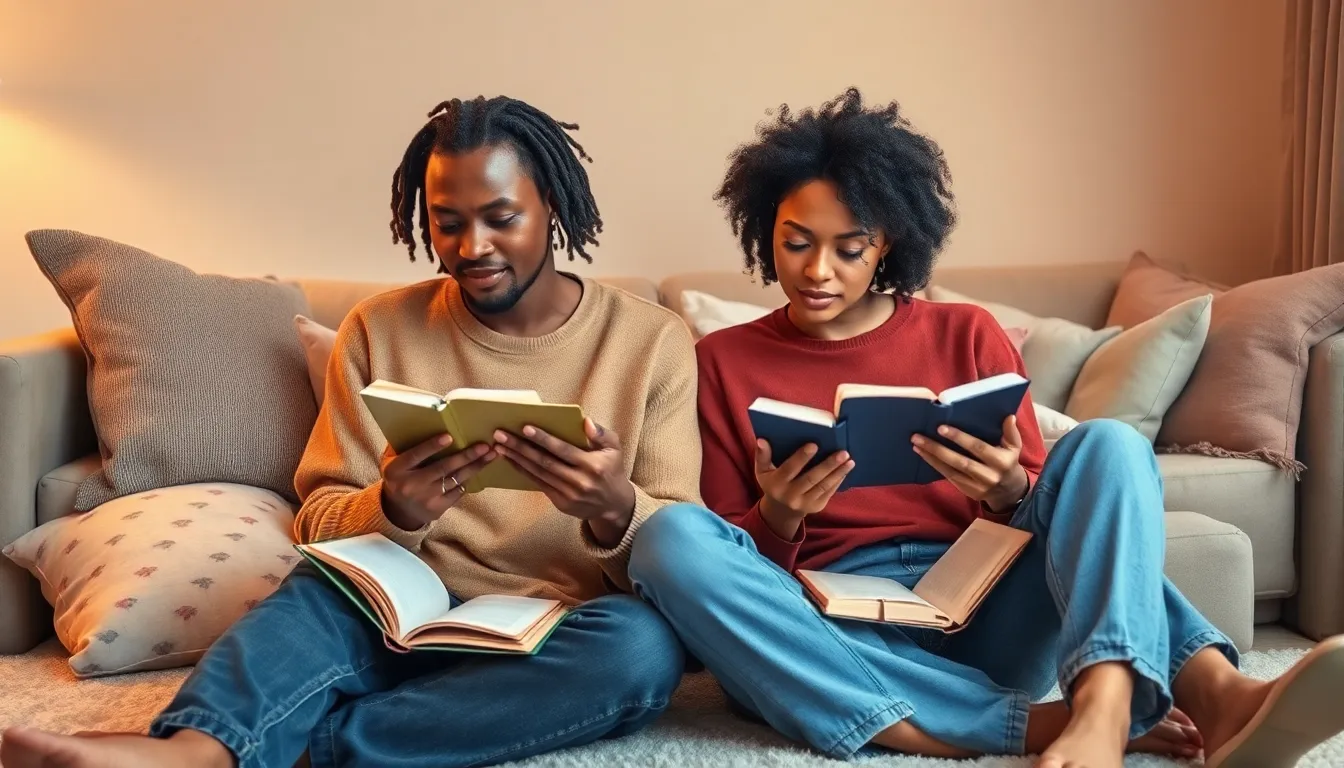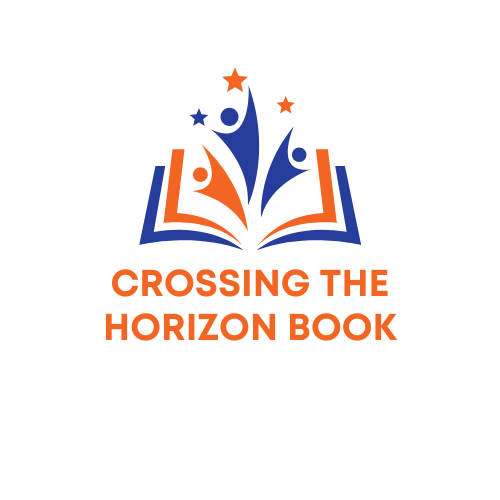Table of Contents
ToggleIn the whirlwind of love, it’s easy to lose sight of oneself. Between the sweet texts and Netflix marathons, relationship self-reflection often takes a backseat. But what if taking a moment to look in the mirror could transform not just your relationship but also your life? Spoiler alert: it can!
Imagine unlocking the secrets to better communication, deeper intimacy, and maybe even a few less awkward silences. Relationship self-reflection isn’t just a buzzword; it’s the secret sauce that can spice up your connection. So grab a cozy blanket and a cup of tea, because it’s time to dive into the delightful world of self-discovery. After all, a happy partner means a happy life, right?
Understanding Relationship Self-Reflection
Relationship self-reflection involves actively contemplating one’s thoughts, feelings, and behaviors within the context of a partnership. This process fosters deeper connections and personal growth.
Importance of Self-Reflection in Relationships
Self-reflection plays a vital role in relationships. It allows individuals to recognize personal needs and desires. Identifying emotional triggers enhances awareness and empathy. This awareness can prevent misunderstandings and promote healthy communication. Couples who engage in self-reflection often experience increased intimacy. By understanding oneself better, one can contribute more effectively to the relationship.
How Self-Reflection Enhances Relationships
Self-reflection enhances relationships by promoting open dialogue. Couples benefit from discussing their feelings and experiences candidly. When partners share insights, they build trust and strengthen their bond. Reflective practices like journaling or meditation encourage self-discovery. Setting aside time for reflection can lead to improved conflict resolution. Partners become more equipped to navigate challenges together, reinforcing their connection.
Techniques for Effective Relationship Self-Reflection

Engaging in self-reflection enhances relationship satisfaction. Various techniques promote deeper understanding and intimacy.
Journaling Prompts for Self-Reflection
Utilizing journaling can reveal insights into personal thoughts. Consider prompts like, “What do I appreciate most about my partner?” Reflecting on past conflicts highlights emotional triggers. Asking, “How do I contribute to our challenges?” encourages accountability. Writing about future goals fosters alignment between partners. Exploring desires, both personal and shared, strengthens emotional connections. Incorporating these prompts regularly helps track progress and growth.
Mindfulness Practices to Foster Self-Reflection
Practicing mindfulness cultivates awareness of one’s emotions. Techniques such as focused breathing help ground individuals in the moment. Engaging in meditation sessions promotes clarity about relationship dynamics. Allocating time for regular check-ins allows partners to share feelings authentically. Observing interactions without judgment encourages a deeper understanding of responses. Utilizing guided imagery can visualize desired outcomes in the relationship, fostering positivity. Implementing these practices regularly nurtures self-discovery and emotional connection.
Common Challenges in Relationship Self-Reflection
Self-reflection in relationships presents unique challenges that individuals often face. Recognizing these difficulties can lead to more effective and rewarding self-exploration.
Overcoming Emotional Barriers
Emotional barriers often hinder self-reflection in relationships. Identifying these obstacles represents a crucial step. Past experiences, such as trauma or rejection, can cloud judgment. Cultivating awareness of these emotions helps individuals navigate their feelings effectively. Engaging in open discussions with partners creates a supportive atmosphere. Gaining trust through honesty reinforces the emotional foundation of the relationship. Journaling can also clarify feelings and provide insights into emotional responses. Taking these steps fosters personal growth and strengthens relational bonds.
Addressing Fear of Vulnerability
Fear of vulnerability significantly impacts relationship self-reflection. Many individuals worry about exposing their inner thoughts and feelings. Acknowledging this fear remains essential for progress. Embracing vulnerability fosters deeper emotional intimacy between partners. Practicing small acts of openness serves as a good starting point. Sharing sincere thoughts and feelings can build trust over time. When partners create a safe space, it becomes easier to express concerns and desires. Choosing to confront this fear allows for a more profound connection and enriches the relationship dynamic.
Benefits of Relationship Self-Reflection
Relationship self-reflection brings numerous advantages that enhance connections between partners. Engaging in this practice can lead to personal growth and healthier relationships.
Improved Communication Skills
Self-reflection sharpens communication skills significantly. Individuals who reflect on their thoughts and feelings gain clarity about their needs. By articulating these needs effectively, they foster more open and honest discussions. Recognizing patterns in conversations helps partners understand triggers that may lead to misunderstandings. Engaging in reflective practices encourages active listening, promoting empathy during dialogues. Enhanced communication fosters an environment where both partners feel heard and valued, ultimately strengthening the relationship.
Strengthened Emotional Bonds
Emotional bonds deepen through self-reflection. When individuals take the time to understand their feelings, they connect more meaningfully with their partners. Cultivating emotional awareness allows for vulnerability, creating a safe space for honest conversations. Sharing insights derived from reflection nurtures trust, reinforcing the partnership’s foundation. Partners who engage in this practice often experience increased emotional intimacy, leading to stronger relationships. Additionally, regularly reflecting together on shared experiences helps maintain a strong connection and mutual support in navigating life’s challenges.
Embracing relationship self-reflection is a transformative journey that can significantly enhance the quality of partnerships. By prioritizing self-discovery individuals cultivate deeper connections and foster healthier communication. This practice not only promotes personal growth but also strengthens emotional bonds, allowing couples to navigate challenges with greater ease.
Engaging in self-reflection creates a safe space for vulnerability and understanding. As partners explore their thoughts and feelings together they nurture trust and intimacy. Ultimately the commitment to self-reflection can lead to a more fulfilling and harmonious relationship, enriching both individuals and their shared experiences.





